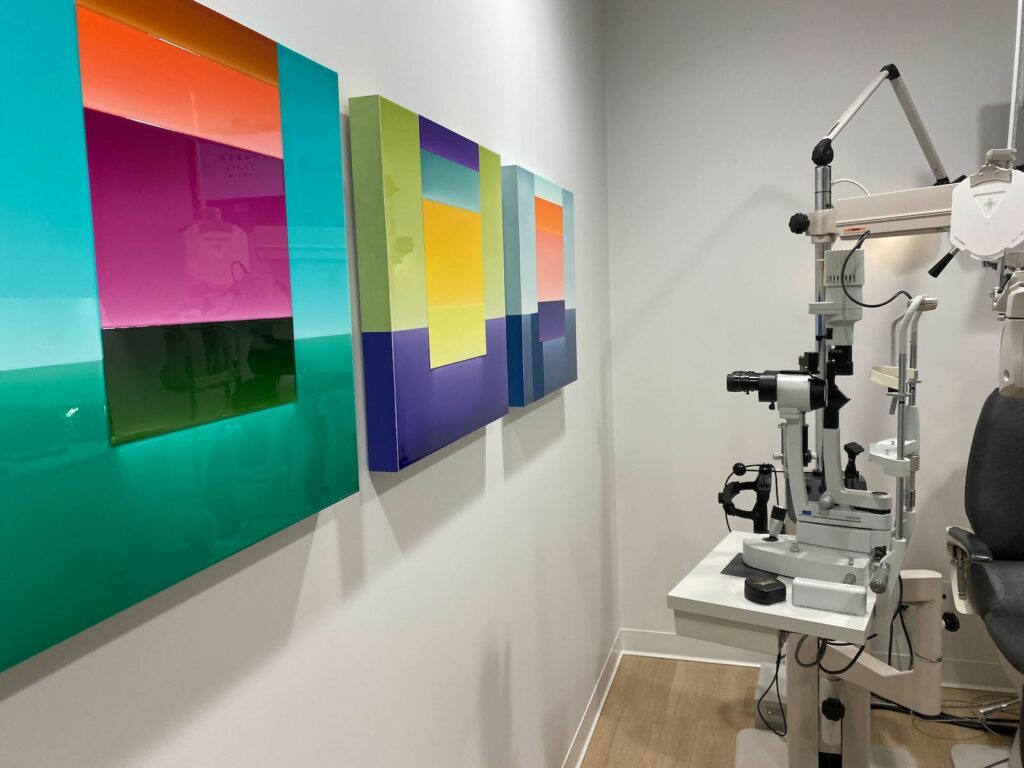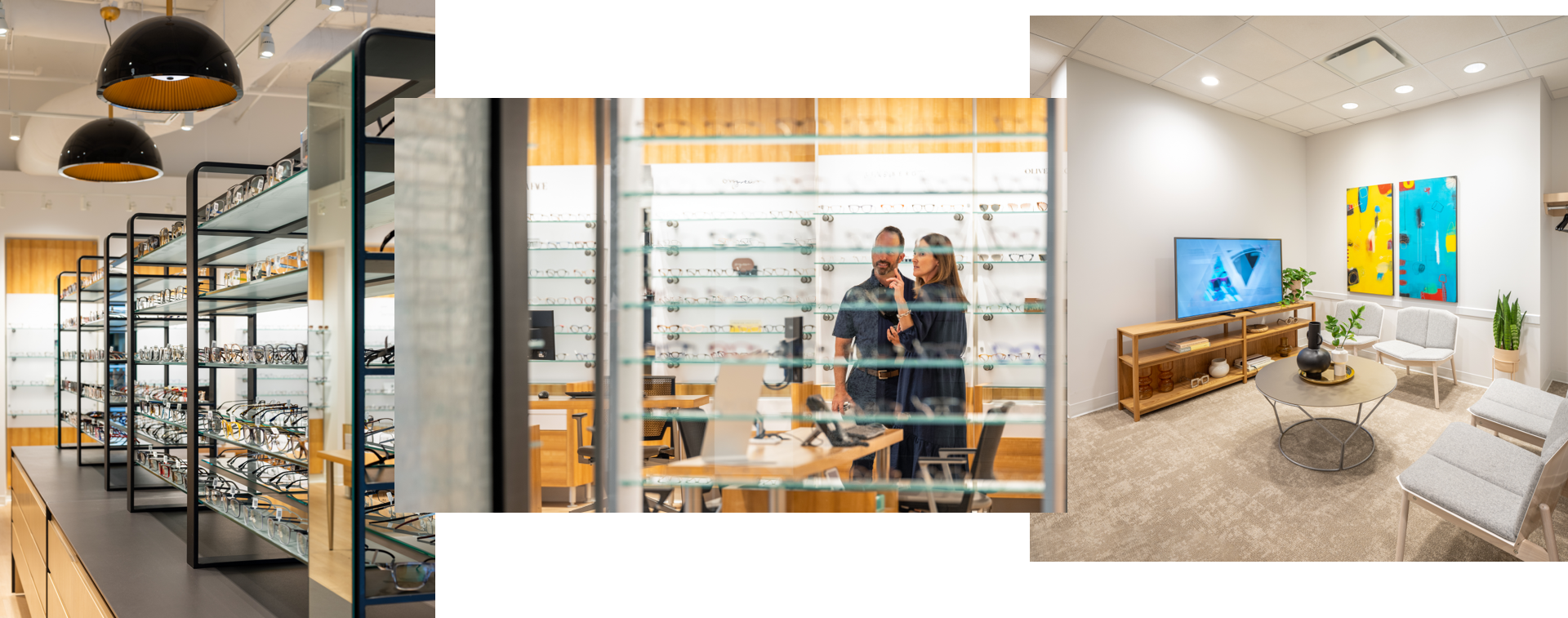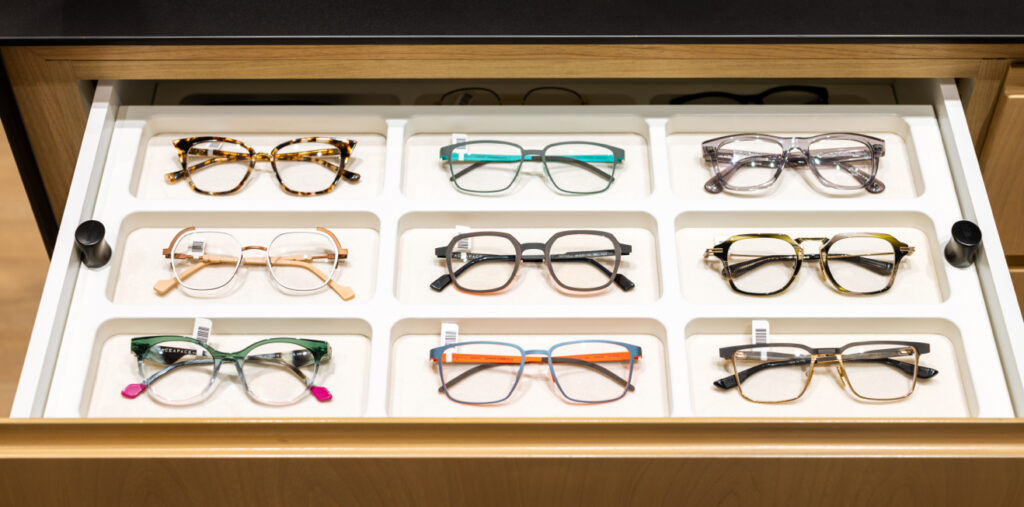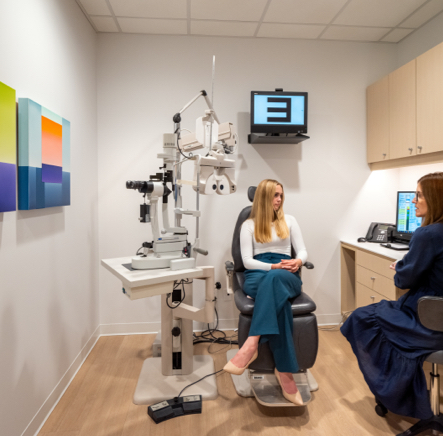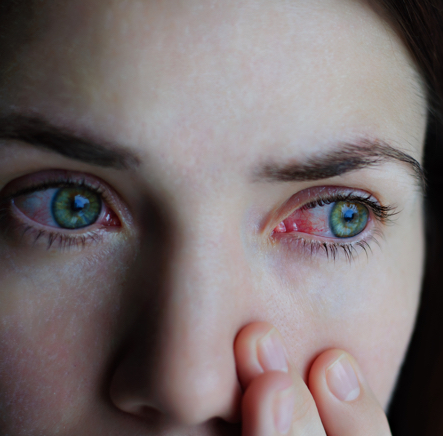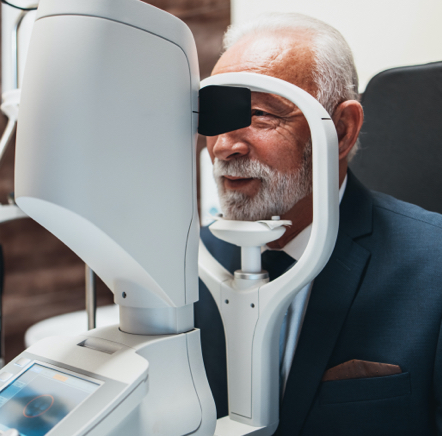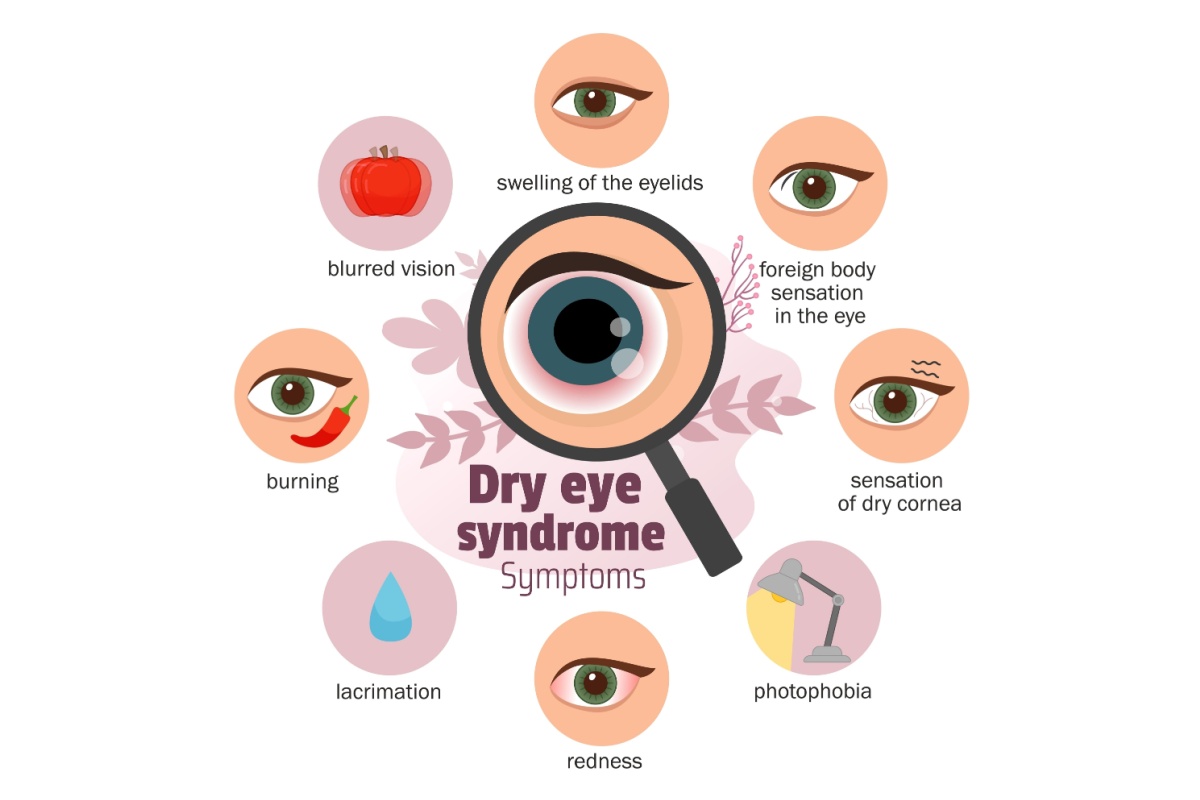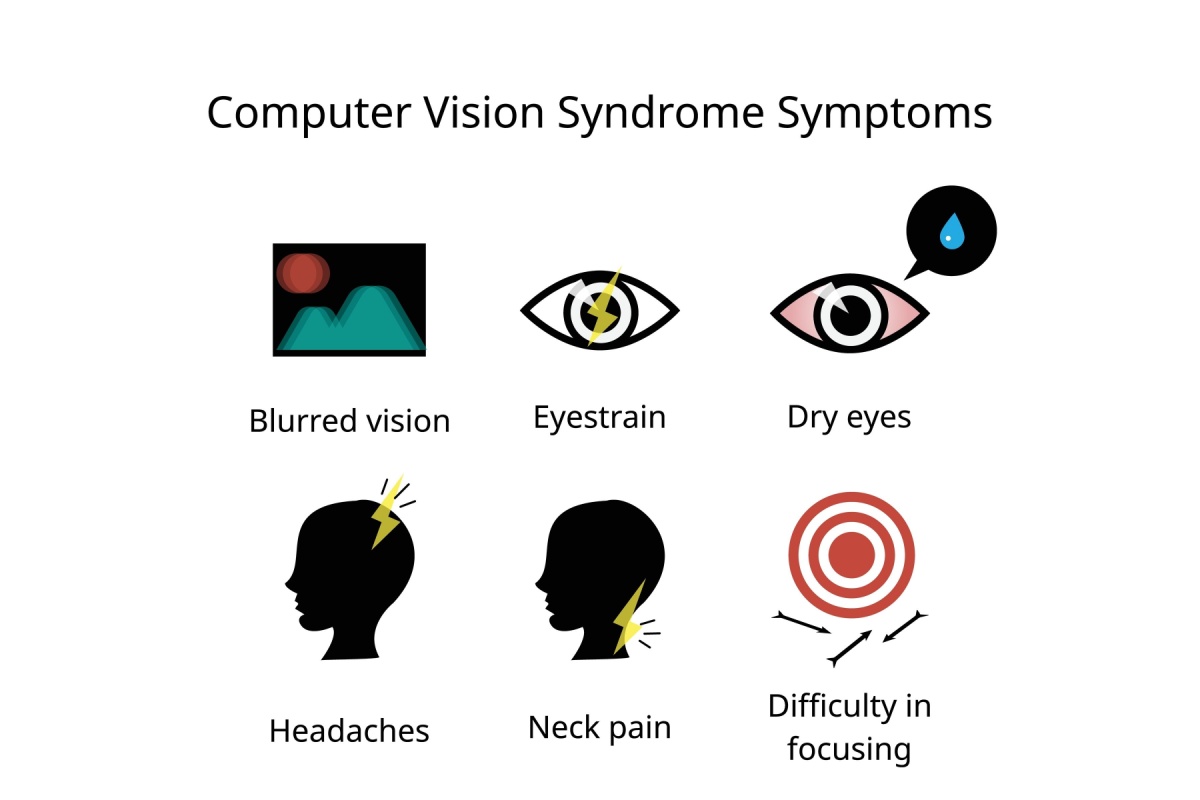Glaucoma is a serious eye disease that can lead to permanent blindness if left untreated. It can damage your optic nerve, which is responsible for carrying visual information from your eye to your brain. While the exact cause of glaucoma is not fully understood, there are known risk factors that can increase a person’s likelihood of developing the disease. One such risk factor is genetics.
Studies have shown that glaucoma can be hereditary, so if you have a family history of glaucoma, especially in immediate relatives such as parents or siblings, you may have a higher risk of developing glaucoma yourself. However, not everyone with a family history of glaucoma will develop the disease, and conversely, some individuals without a family history may still develop glaucoma. Comprehensive eye exams are crucial for understanding your personal risk, eye health, and early detection.
Understanding Genetics & Glaucoma
Genetics can play a significant role in the development of glaucoma. The disease can be inherited in either a dominant or recessive manner, depending on the type of glaucoma. In dominant inheritance, only one copy of the gene is needed to develop glaucoma, while in recessive inheritance, both copies of the gene must be present.
There are specific genes that have been identified as being associated with certain types of glaucoma. For example, primary open-angle glaucoma (POAG) has been linked to mutations in multiple genes, including the MYOC and OPTN genes.
Additionally, people with African, Hispanic, East Asian, or Inuit ancestry may have a higher prevalence of specific genetic variations that increase their risk of developing certain types of glaucoma.
Genetic Testing & Glaucoma
As our understanding of genetics and glaucoma continues to advance, genetic testing is becoming more prevalent in diagnosing and managing the disease. Genetic testing involves analyzing a person’s DNA for specific genetic markers that are known to be associated with glaucoma.
This type of testing can provide valuable information about an individual’s risk for developing glaucoma, as well as help guide treatment options and management plans. However, it is important to note that genetic testing is not a definitive answer and should still be used in conjunction with other diagnostic tools, evaluations, and regular eye exams.
Furthermore, genetic testing is still a relatively new field, and there is much research to be done before we fully understand all of the genetic factors involved in glaucoma. It is important to continue studying and exploring this area to gain a better understanding of how genetics and environmental factors interact in the development of glaucoma.
Implications for the Future
As genetics continue to play a significant role in our understanding of glaucoma, there is hope for future developments in prevention, early detection, and treatment of the disease. Advancements in technology and research may help improve eye doctors’ ability to identify individuals at a higher risk of developing glaucoma.
In addition, genetic testing may also play a role in developing personalized treatment plans based on an individual’s specific genetic makeup. This could potentially lead to targeted treatments that may help reduce the risk of vision loss and improve overall outcomes for those living with glaucoma.
Other Factors That Affect Glaucoma Risk
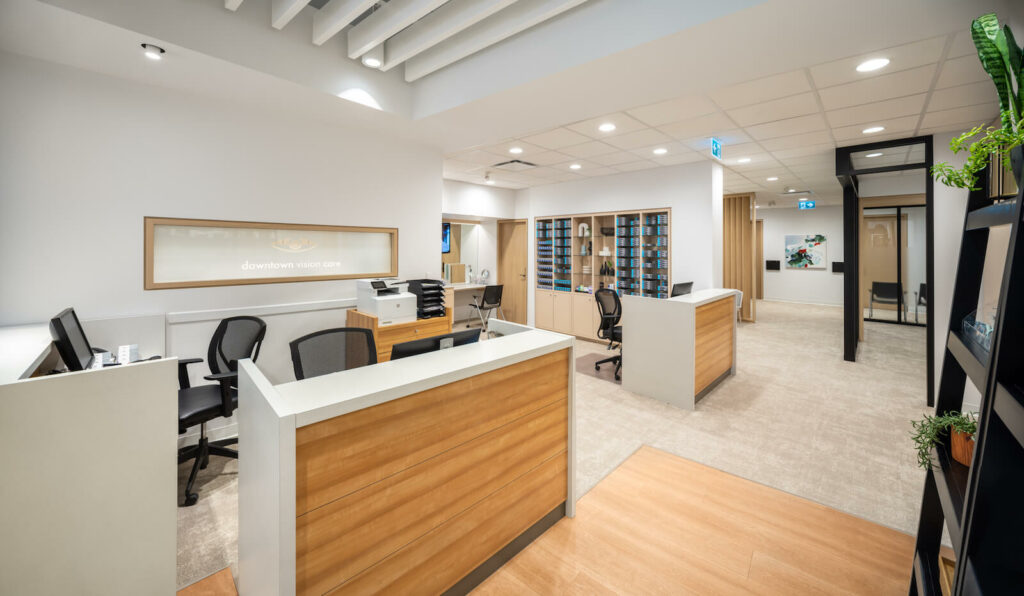
Genetic background is not the only important factor that can affect glaucoma risk. The risk factors that can contribute to the development and progression of glaucoma include:
- Age
- Lifestyle choices
- Diabetes
- Nearsightedness
- High eye pressure
Management & Treatment Strategies
While genetics may play a role in the development of glaucoma, there are still steps that can be taken to help reduce your risk of developing glaucoma and experiencing vision loss. These include:
- Getting regular eye exams: Early detection is key in managing glaucoma and preventing vision loss. With regular comprehensive eye exams, any changes in eye pressure or other symptoms can be caught early on and proper treatment can be initiated.
- Maintaining a healthy lifestyle: Studies have shown that maintaining a healthy weight, exercising regularly, and eating a balanced diet, rich in vegetables, may help reduce the risk of developing glaucoma and help control the progression of glaucoma.
- Avoiding smoking and excessive alcohol consumption: Both smoking and heavy alcohol consumption have been linked to an increased risk of developing glaucoma.
For people diagnosed with glaucoma, early treatment is crucial in preventing further vision loss. Treatment options may include lifestyle adjustments, medicated eye drops, oral medications, laser therapy, or surgery, depending on the type and severity of glaucoma.
It is important for you to follow your prescribed treatment plan and attend regular follow-up appointments with your eye doctor if you have glaucoma or are at risk of developing glaucoma.
Prioritize Your Vision with Downtown Vision Care
Genetics and glaucoma are closely intertwined, with genetic variations playing a significant role in the development and progression of the disease. While there is still much to be understood, it is important for you to be aware of your family history and potential risk factors for conditions like glaucoma. It is important to work closely with a healthcare team who can help monitor and manage your eye health. At Downtown Vision Care, we are committed to providing comprehensive eye care for a wide range of concerns and conditions, including glaucoma. If you have any concerns about your risk of developing glaucoma or would like to request an eye exam, please don’t hesitate to contact us.


